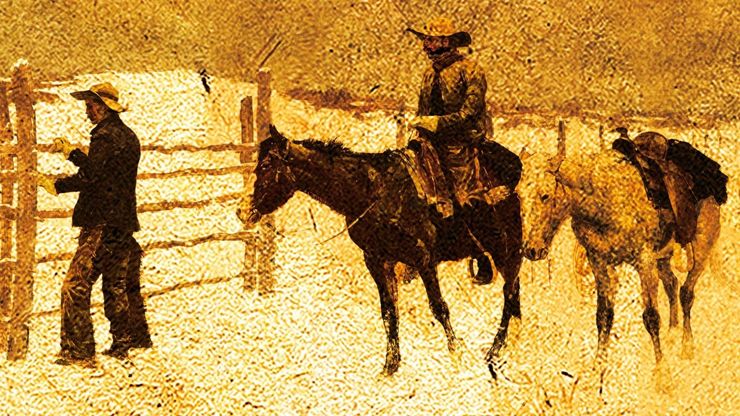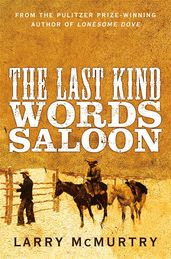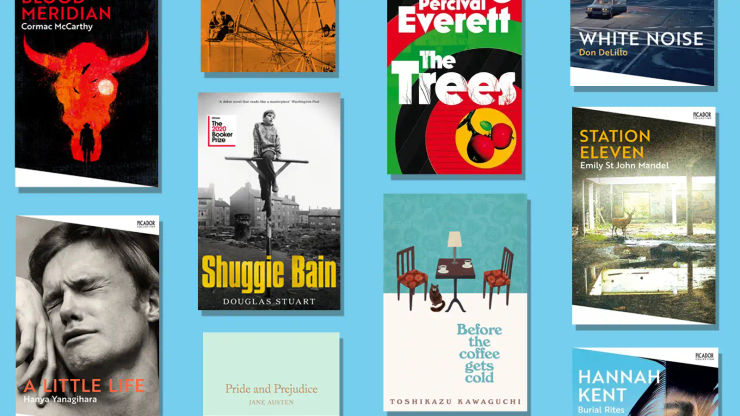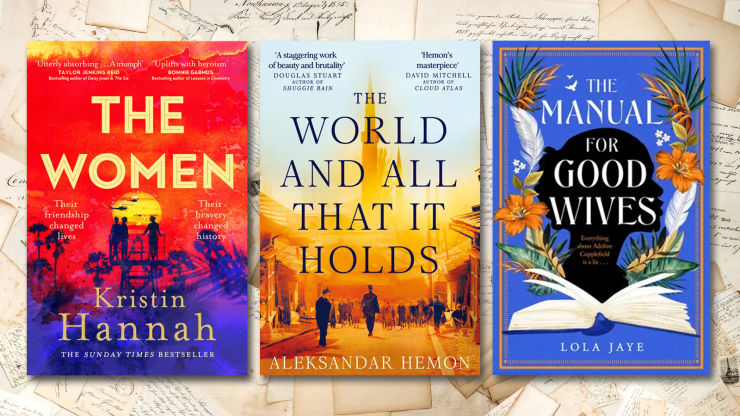An interview with Larry McMurtry
We caught up with Pulitzer Prize-winning author, Larry McMurtry on the inspiration behind his novel, The Last Kind Words Saloon.

Larry McMurtry is the author of more than thirty novels, including the Pulitzer Prize-winning Lonesome Dove. He has also written memoirs and essays, and received an Academy Award for Best Adapted Screenplay for his work on Brokeback Mountain. He lives in Archer City, Texas. We caught up with him about his novel, The Last Kind Words Saloon.
In your epigraph, you write that you had in mind the director John Ford, who said that when you had to choose between history and legend, print the legend. You went for the legend of Wyatt Earp and Doc Holliday, who were feared gunmen of the West in their day.
Yes, they were very famous in their day. Wyatt was more violent and more deadly than Doc; Doc didn't have any trouble with people unless they really assaulted him. He was a part-time gunman and Wyatt was never even a sheriff or anything, he just had random encounters that got him in trouble. Their fame outgrew anything that they really did, though – they didn't do much. I thought of writing them as darkly comical characters as a kind of parody really.
Doc and Wyatt aren't 'good' people. Yet as a reader you can't help warming to them. Do you like them as characters?
Sure. Otherwise I wouldn't have done it. I've written 31 novels and I'm running out of things that I'm really galvanized to write about. So I'm always looking for something I can expand or do differently and there was an immense amount of documentation on them.
They speak so plainly, yet often their words are shocking in their brutality and subtle in their wisdom. Can you talk a bit about the dialogue?
I think the dialogue is pretty realistic – one thing I know how to do is write dialogue, and I thought of it as comedic and parodic. I wrote it in no time, three weeks or something like that. If you get the right tone you can just do that – go straight through.
You've written several books about the West, and in The Last Kind Words Saloon it seems a character in its own right – as unpredictable and brutal as any of the cowboys that inhabit it. Do you think of it that way?
Yes I do. I've written about half and half Westerns and contemporary fiction. I find it very easy to do. That part of the world that fascinates not just me but America; Westerns have remained popular for a long time.
As well as novels, you've also written screenplays including Terms of Endearment and Brokeback Mountain. What are the differences in writing for the screen and writing books? Do you prefer one or the other?
I don't prefer either one – I prefer both, and the more the better. But they're very different: one is a craft involving hundreds of people and lots and lots of money. And the other is a work of the imagination and you do it by yourself. If there's an art, the art is the novel, and the craft is the screenplay. I've done both pretty well for a long time and I hope to keep doing it.
Where did the title The Last Kind Words Saloon come from?
It came from a famous blues record called The Last Kind Words Blues, the most legendary blues record of all time. I happened to notice a little scribble about it in a magazine and I liked it and I took it.
Are there any writers or directors that you especially admire?
I admire a lot of writers and I admire a lot of directors. I don't think about it very much – I work with the directors that come my way and I read a lot, all kinds of stuff. I've a personal library back in Texas and I can usually find something that interests me. So I don't pick favourites.
How would you describe your style to readers coming to your work for the first time?
It's pretty plain. It's not an elaborate style. And I think that's all I'd say.
The Last Kind Words Saloon

Larry McMurtry has done more than any other living writer to shape our literary imagination of the American West. With The Last Kind Words Saloon, he returns to the vivid and unsparing portrait of the nineteenth-century and cowboy lifestyle made so memorable in his classic Lonesome Dove. Evoking the greatest characters and legends of the Old Wild West, McMurtry tells the story of the closing of the American frontier through the travails of two of its most immortal figures: Wyatt Earp and Doc Holliday.


